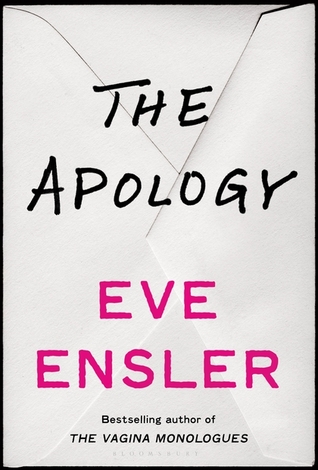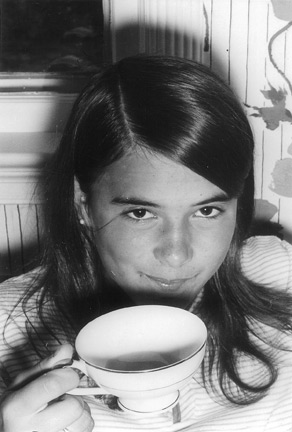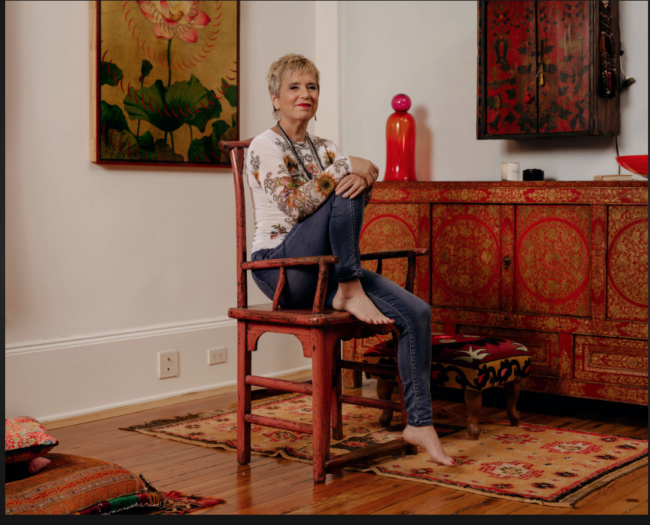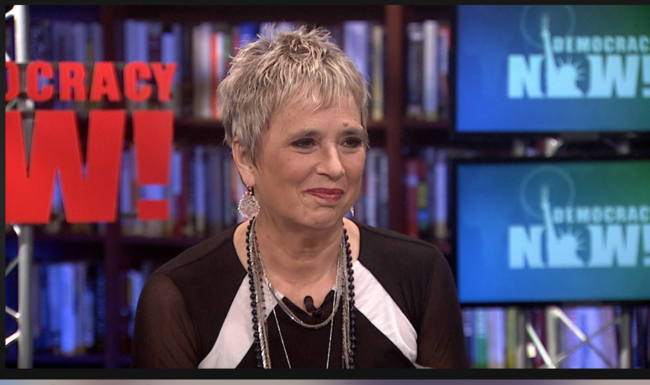Eve Ensler’s groundbreaking new book, The Apology opens with these words:
I am done waiting. My father is long dead. He will never say the words to me. He will not make the apology. So it must be imagined. For it is in our imagination that we can dream across boundaries, deepen the narrative, and design alternative outcomes.
Ensler describes in horrific detail being sexually abused by her father, Arthur Ensler, from age 5, but it didn’t stop there. It was coupled with physical abuse, where her raging father would beat her. Then came the emotional abuse where he sadistically tormented her, consistently telling her she was worthless and a liar.
As a teen Ensler acted out, getting drunk and stoned, her grades plummeting. After a series of stops and starts Eve pulled herself together and graduated from Middlebury College, receiving a standing ovation for her keynote address on feminism and racial justice. After her speech she stepped outside for a cigarette, where her father joined her. Without making a single comment on her speech, he handed her an envelope for a $1,000, uttered the words, “Have a good life” and made an abrupt exit.
Ensler achieved stardom in 1996 when her play, The Vagina Monologues debuted. It has been translated into 48 languages and performed in over 140 countries, spawning V-Day, a global movement to end violence against women. Ensler’s artistry continued to bloom with more plays, books, and awards while her private life was punctuated with abusive relationships and alcoholism.
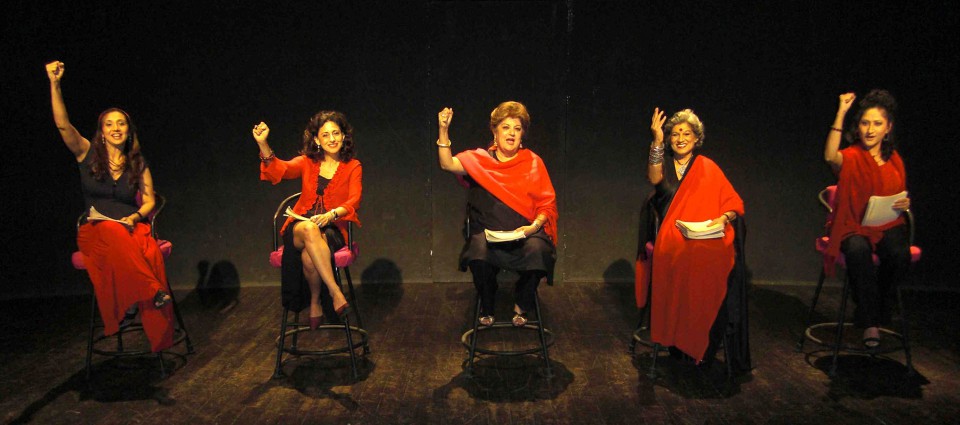
A 2012 production of The Vagina Monologues, which has been regularly performed since it was first staged in 1996
Last year at 65, Ensler, long sober and no longer drawn to abusive men realized that her healing wouldn’t be complete without resolving her relationship with her father. He had been dead for 31 years and, even if he were alive, it’s highly unlikely he would apologize to Eve. That’s when she had the brainstorm to write an apology in his words, channeling him.
Ensler spent four months sequestered, writing day and night. She was often surprised at the words that appeared on her computer screen; they felt more like her father’s voice than her own leading her to believe that she was indeed channeling his spirit.
The more Ensler imagined her father’s life the more she understood why “Shadow Man” was his dominant self. Arthur Ensler was never allowed to be real in his family, forced to live up to the image of the “golden child.” He adopted a charming façade for the outside world, at odds with the tyranny he inflicted on his wife and children, and especially Eve.
